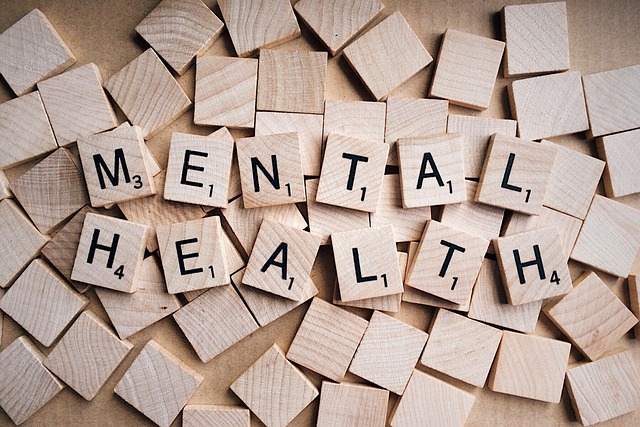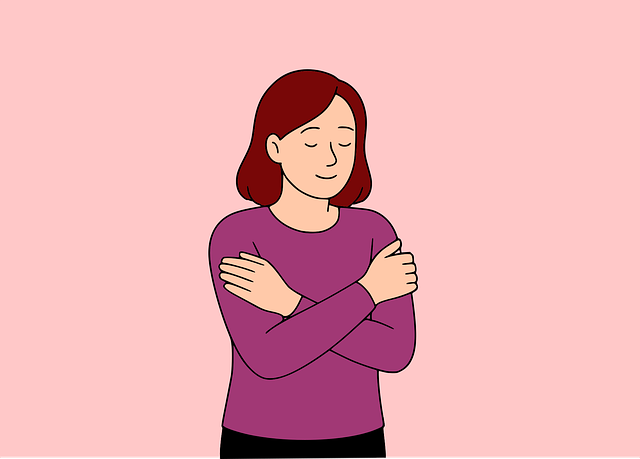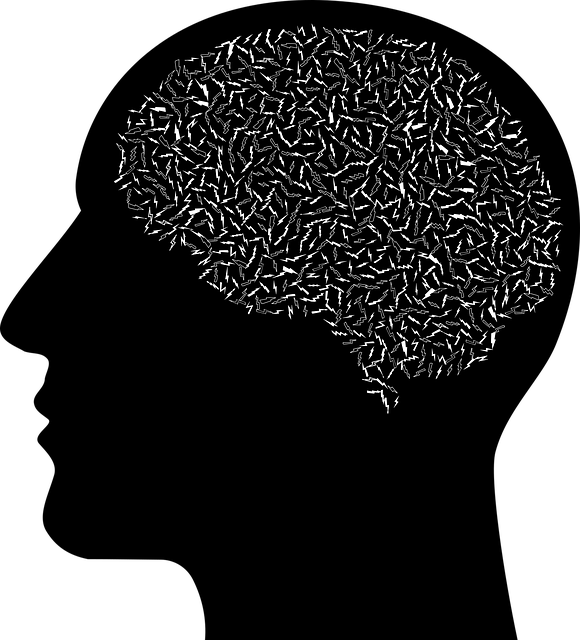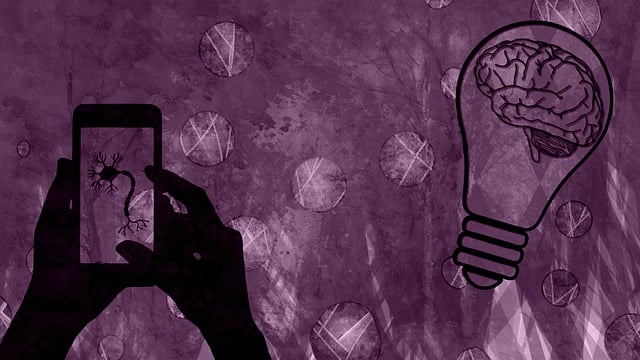Mental health crisis hotline support services provide vital resources for individuals experiencing emotional distress, including depression, anxiety, substance abuse, and PTSD (Lone Tree Post-Traumatic Stress Disorder Therapy). Trained professionals offer immediate guidance, de-escalate situations, and facilitate access to longer-term care. Beyond crisis intervention, these hotlines promote burnout prevention and ensure confidential, non-judgmental support. Specialized therapies and public awareness campaigns further aid Lone Tree residents suffering from PTSD, destigmatizing mental health issues and improving quality of life.
“In times of mental health crisis, a simple phone call can be a lifeline. This article delves into the world of mental health hotline support services, exploring how these resources are transforming lives. We examine ‘Understanding Mental Health Crisis Hotlines’ and shed light on the crucial roles of trained counselors who answer these calls. Additionally, we highlight specific Lone Tree Post-Traumatic Stress Disorder (PTSD) therapy options and resources available for those in need, emphasizing the ongoing support beyond initial interactions.”
- Understanding Mental Health Crisis Hotlines: A Lifeline in Times of Need
- Who Answers These Calls? The Training and Roles of Crisis Counselors
- Support Beyond the Call: Post-Traumatic Stress Disorder (PTSD) Therapy and Resources for Lone Trees
Understanding Mental Health Crisis Hotlines: A Lifeline in Times of Need

Mental health crisis hotline support services act as a lifeline for individuals grappling with intense emotional distress or acute mental health crises. These hotlines provide immediate access to trained professionals who can offer guidance, support, and resources tailored to the caller’s specific needs. Whether someone is experiencing symptoms of depression, anxiety, substance abuse, or even post-traumatic stress disorder (Lone Tree Post-Traumatic Stress Disorder Therapy), hotline counselors are equipped with conflict resolution techniques and risk assessment skills to de-escalate situations and prevent further deterioration.
Beyond immediate crisis intervention, these services often serve as a bridge to longer-term care, connecting callers with appropriate mental health professionals or community resources. By offering confidential and non-judgmental support, they play a crucial role in promoting burnout prevention among both individuals seeking help and the mental health professionals themselves. In times of need, these hotlines provide a beacon of hope, ensuring that no one navigates their mental health journey alone.
Who Answers These Calls? The Training and Roles of Crisis Counselors

When individuals reach out to mental health crisis hotline support services, they often connect with highly trained and empathetic crisis counselors. These professionals play a pivotal role in providing immediate assistance and guidance during moments of distress. Crisis counselors undergo specialized training to handle various situations, including those involving Lone Tree Post-Traumatic Stress Disorder Therapy. Their primary goal is to offer support, ensure safety, and help individuals navigate their emotional crises.
The training for these counselors involves a comprehensive mix of mental wellness coaching programs development, social skills training, and healthcare provider cultural competency training. This preparation equips them with the necessary tools to connect with callers on a deeper level, understand their unique circumstances, and provide tailored interventions. By fostering a safe and non-judgmental environment, crisis counselors enable individuals to express their feelings, explore coping strategies, and make informed decisions regarding their mental health and well-being.
Support Beyond the Call: Post-Traumatic Stress Disorder (PTSD) Therapy and Resources for Lone Trees

In addition to their crisis hotline services, organizations dedicated to supporting Lone Trees suffering from Post-Traumatic Stress Disorder (PTSD) offer a range of specialized therapies and resources beyond immediate phone support. These programs recognize that healing is a multifaceted process, requiring tailored interventions to address the unique challenges faced by individuals dealing with PTSD. One such initiative might involve guided mental wellness journaling exercises, providing individuals with a private space to process their experiences and emotions.
Public awareness campaigns play a crucial role in destigmatizing mental health issues, encouraging open conversations about PTSD, and promoting accessible treatment options for Lone Trees. Furthermore, stress management workshops organized by these support services offer practical tools and techniques to help individuals cope with the lasting effects of trauma, fostering resilience and improving overall quality of life.
Mental health crisis hotline support services play a vital role in assisting individuals during their most vulnerable moments. From understanding the importance of these hotlines to recognizing the dedicated professionals behind them, this article has highlighted the comprehensive resources available for those facing mental health crises, particularly focusing on Lone Tree Post-Traumatic Stress Disorder (PTSD) therapy. By providing access to skilled counselors and various support systems, these services offer a lifeline, ensuring that no one navigates their struggles alone.








